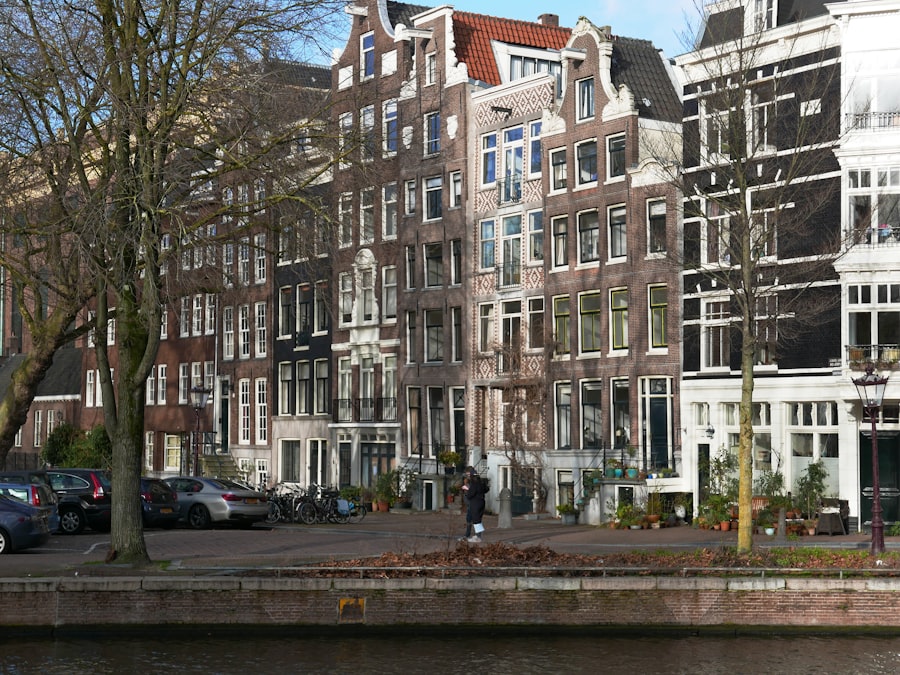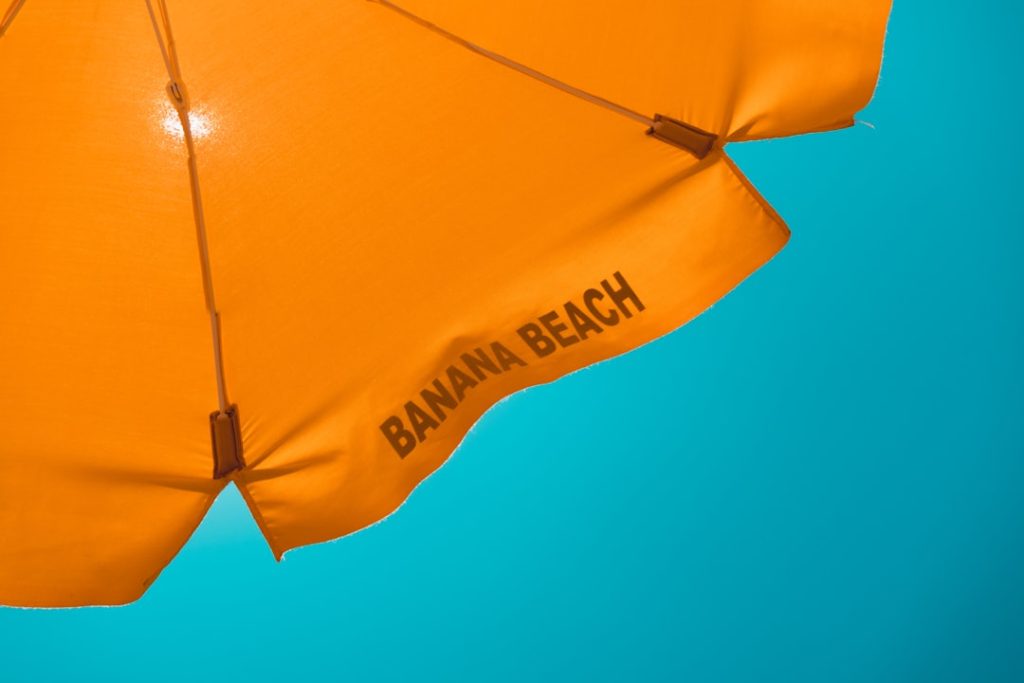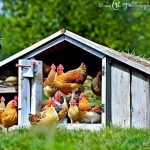Chickens are highly susceptible to heat stress due to their lack of sweat glands and reliance on panting for temperature regulation. When ambient temperatures exceed 85°F (29.4°C), chickens may struggle to dissipate heat effectively, leading to various heat-related issues. These problems can include decreased egg production, reduced feed intake, increased water consumption, and potential mortality in severe cases.
High humidity further exacerbates heat stress by hindering the effectiveness of panting as a cooling mechanism. The impact of heat stress can be particularly severe in certain chicken breeds, such as broilers and layers, as well as in older birds and those with preexisting health conditions. Signs of heat stress in chickens include panting, wing spreading, lethargy, reduced egg production, and in extreme cases, sudden death.
Chicken owners should be vigilant for these signs, especially during periods of extreme heat. Understanding the effects of heat on chickens is crucial for implementing effective strategies to mitigate its impact. Proactive measures are necessary to maintain the health and comfort of chickens during hot weather, ensuring the well-being of the flock and maintaining productivity.
Table of Contents
- 1 Providing shade and ventilation in the chicken coop
- 2 Offering cool treats and water for chickens
- 3 Adjusting feeding and watering schedules
- 4 Using misters and fans to cool the chicken coop
- 5 Monitoring and managing heat stress in chickens
- 6 Seeking veterinary advice for severe heat-related issues
- 7 FAQs
Key Takeaways
- Heat stress can have a significant impact on chickens, affecting their health and egg production.
- Providing shade and proper ventilation in the chicken coop is essential to help chickens stay cool.
- Offering cool treats and ensuring access to fresh, cool water can help chickens regulate their body temperature.
- Adjusting feeding and watering schedules to cooler times of the day can help prevent heat stress in chickens.
- Using misters and fans in the chicken coop can help lower the temperature and reduce heat stress for the chickens.
- It’s important to monitor and manage heat stress in chickens by observing their behavior and making necessary adjustments.
- Seek veterinary advice if chickens show severe heat-related issues that require professional attention.
Providing shade and ventilation in the chicken coop
Providing a Comfortable Environment for Chickens in Hot Weather
Shade and Ventilation: The Key to a Cooler Coop
One of the most effective ways to mitigate the impact of heat on chickens is to provide adequate shade and ventilation in the chicken coop. This can help reduce the ambient temperature and humidity inside the coop, making it more comfortable for the birds. Shade can be provided through natural means, such as trees or shrubs, or by installing shade cloth or tarps over the coop.
Ventilation: Allowing Hot Air to Escape
Ventilation is also crucial for allowing hot air to escape from the coop and promoting air circulation. This can be achieved through windows, vents, or fans, which can help lower the temperature inside the coop and reduce the risk of heat stress in chickens.
Coop Design and Location: A Crucial Consideration
In addition to shade and ventilation, it’s important to consider the design and location of the chicken coop. Coops should be situated in a shaded area with good airflow, away from direct sunlight and heat-retaining surfaces. The coop should also be well-insulated to prevent excessive heat buildup and provide a comfortable environment for the birds.
By providing shade and ventilation in the chicken coop, owners can create a more favorable living space for their flock and reduce the risk of heat-related issues during hot weather.
Offering cool treats and water for chickens

During periods of extreme heat, it’s important to offer cool treats and water to help chickens stay hydrated and cool down. Cool treats can include frozen fruits and vegetables, such as watermelon or cucumbers, which can provide a refreshing source of hydration for the birds. Additionally, ice cubes or frozen water bottles can be placed in the coop to help lower the ambient temperature and provide relief from the heat.
It’s also important to ensure that chickens have access to fresh, cool water at all times, as dehydration can exacerbate the effects of heat stress on the birds. In addition to cool treats and water, providing access to a shallow pool or dust bath can also help chickens regulate their body temperature during hot weather. Dust bathing is a natural behavior for chickens, and it can help them cool down and remove excess oils and parasites from their feathers.
By offering cool treats and water, as well as opportunities for dust bathing, owners can help their flock stay comfortable and hydrated during periods of extreme heat.
Adjusting feeding and watering schedules
During hot weather, it’s important to adjust feeding and watering schedules to accommodate the needs of chickens and reduce the risk of heat stress. Feeding should be done during the cooler parts of the day, such as early morning or late evening, to minimize the metabolic heat generated by digestion. This can help reduce the overall body temperature of the birds and alleviate the effects of heat stress.
Additionally, offering smaller, more frequent meals can help prevent overeating and reduce the metabolic heat produced during digestion. Watering schedules should also be adjusted to ensure that chickens have access to cool, fresh water throughout the day. Waterers should be checked regularly to ensure they are clean and functioning properly, and ice can be added to help lower the temperature of the water during hot weather.
It’s important to monitor water consumption closely during periods of extreme heat, as chickens may drink more water than usual to stay hydrated. By adjusting feeding and watering schedules, owners can help their flock cope with hot weather more effectively and reduce the risk of heat-related issues.
Using misters and fans to cool the chicken coop
Misters and fans can be effective tools for cooling the chicken coop during periods of extreme heat. Misters can be installed inside or outside the coop to create a fine spray of water that helps lower the ambient temperature and increase humidity. This can provide relief from the heat for the birds and create a more comfortable living environment.
Fans can also be used to promote air circulation and reduce the temperature inside the coop, helping to alleviate the effects of heat stress on chickens. When using misters and fans, it’s important to consider their placement and operation to ensure they are effective in cooling the coop. Misters should be positioned to create a fine mist that does not saturate the bedding or create wet conditions inside the coop.
Fans should be placed strategically to promote air circulation without causing drafts or chilling the birds. Additionally, misters and fans should be used in conjunction with shade and ventilation to create a comprehensive cooling strategy for the chicken coop. By using misters and fans effectively, owners can help their flock stay comfortable and healthy during hot weather.
Monitoring and managing heat stress in chickens

Recognizing the Signs of Heat Stress
Owners should monitor their birds closely for signs of heat stress, such as panting, wing spreading, lethargy, reduced egg production, or decreased feed intake. If any signs are observed, immediate action should be taken to alleviate the effects of heat stress on the birds.
Alleviating Heat Stress
This may include providing additional shade, ventilation, cool treats, or water, as well as adjusting feeding and watering schedules to help the birds cope with the heat. In severe cases of heat stress, it may be necessary to move chickens to a cooler location or provide emergency measures, such as cold packs or misting systems, to lower their body temperature quickly.
Prevention and Preparedness
It’s important for owners to have a plan in place for managing heat stress in their flock and be prepared to take swift action if necessary. By monitoring and managing heat stress effectively, owners can help prevent severe health issues and ensure the well-being of their flock during periods of extreme heat.
In cases of severe heat-related issues, it’s important for chicken owners to seek veterinary advice promptly to ensure the health and safety of their flock. Severe heat stress can lead to dehydration, heat stroke, or even death in chickens if not addressed quickly and effectively. Veterinary intervention may be necessary to provide emergency treatment, such as fluid therapy or supportive care, to help affected birds recover from severe heat-related issues.
Additionally, veterinarians can provide guidance on preventive measures and management strategies for mitigating the effects of heat stress on chickens. They may recommend specific cooling methods or adjustments to feeding and watering schedules based on the individual needs of the flock. By seeking veterinary advice for severe heat-related issues, owners can ensure that their birds receive appropriate care and support during periods of extreme heat.
In conclusion, understanding the impact of heat on chickens is crucial for implementing effective strategies to mitigate its effects and ensure the well-being of the flock during hot weather. Providing shade and ventilation in the chicken coop, offering cool treats and water for chickens, adjusting feeding and watering schedules, using misters and fans to cool the coop, monitoring and managing heat stress in chickens, and seeking veterinary advice for severe heat-related issues are all important aspects of caring for chickens during periods of extreme heat. By taking proactive measures to address heat stress in their flock, owners can help their birds stay healthy and comfortable even in hot weather conditions.
If you’re looking for ways to keep your chickens cool in excessive heat, you may also be interested in learning how to convert a shed into a chicken coop. This article from Poultry Wizard provides helpful tips and ideas for turning a shed into a comfortable and functional living space for your feathered friends. Check it out here.
FAQs
What are the signs of heat stress in chickens?
Signs of heat stress in chickens include panting, holding their wings away from their bodies, decreased egg production, lethargy, and loss of appetite.
How can I keep my chickens cool in excessive heat?
You can keep your chickens cool in excessive heat by providing plenty of shade, ensuring good ventilation in the coop, offering cool water to drink, and providing frozen treats such as fruits and vegetables.
What are some ways to provide shade for chickens?
You can provide shade for chickens by using tarps, umbrellas, or natural shade from trees or shrubs. It’s important to make sure the shade is available throughout the day as the sun moves.
How can I improve ventilation in the chicken coop?
You can improve ventilation in the chicken coop by adding windows, vents, or fans to promote air circulation. This helps to reduce the build-up of heat and humidity inside the coop.
What should I do if I suspect my chickens are suffering from heat stress?
If you suspect your chickens are suffering from heat stress, move them to a cooler area with shade and provide them with cool water to drink. You can also use a fan to help lower the temperature in the coop. If the symptoms persist, seek advice from a veterinarian.

Meet Walter, the feathered-friend fanatic of Florida! Nestled in the sunshine state, Walter struts through life with his feathered companions, clucking his way to happiness. With a coop that’s fancier than a five-star hotel, he’s the Don Juan of the chicken world. When he’s not teaching his hens to do the cha-cha, you’ll find him in a heated debate with his prized rooster, Sir Clucks-a-Lot. Walter’s poultry passion is no yolk; he’s the sunny-side-up guy you never knew you needed in your flock of friends!


Meet Walter, the feathered-friend fanatic of Florida! Nestled in the sunshine state, Walter struts through life with his feathered companions, clucking his way to happiness. With a coop that’s fancier than a five-star hotel, he’s the Don Juan of the chicken world. When he’s not teaching his hens to do the cha-cha, you’ll find him in a heated debate with his prized rooster, Sir Clucks-a-Lot. Walter’s poultry passion is no yolk; he’s the sunny-side-up guy you never knew you needed in your flock of friends!







